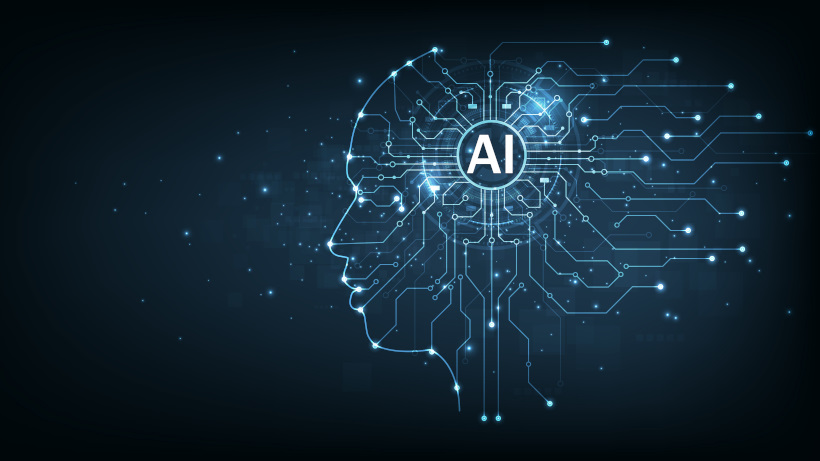If you had to spend one day setting prices for the next 365 days, an average hotel would need to make over 9,000 pricing decisions, it is just too many for any human to manage manually, especially in a market that shifts by the hour.
NB: This is an article from LodgIQ, one of our Expert Partners
Subscribe to our weekly newsletter and stay up to date
The hospitality industry is entering a new era, one defined not by gut instinct or static reports, but by artificial intelligence that can process massive datasets, predict future demand, and recommend precise pricing strategies in real time. For hotel general managers and revenue managers, the message is clear: operational success and long-term profitability will depend on embracing systems that are built to learn, adapt, and act faster than any human team can.
Why This Change is Happening Now
Hotel pricing has always been complex. High seasons, local events, competitor rates, flight trends, market shifts, all of these factors create a web of variables that influence what a guest is willing to pay at any given moment. Historically, revenue managers relied on past experience and limited tools to make decisions. Today, that is no longer enough.
The growing availability of real-time data, combined with advances in machine learning and AI, makes it possible to analyze thousands of signals at once. This enables more accurate forecasting and more responsive pricing, all at a scale that manual methods simply cannot match.
How we use AI to Improve Hotel Revenue
When we designed our Revenue Management System, we designed it to harness three core AI paradigms: machine learning, deep learning, and reinforcement learning. Each serves a unique function. Machine learning has already shifted the way our customers operate with revenue management. Deep learning and Reinforcement learning will take it to a whole new level.
- Machine learning handles structured data like historical bookings and pricing.
- Deep learning identifies patterns in unstructured sources such as text and event data.
- Reinforcement learning helps adapt and improve with time, using real outcomes to refine future decisions.
The system ingests a wide range of data daily, including reservation activity, competitor pricing, flight data, and event calendars. From there, it builds a context around each hotel, identifying low and high seasons, market fluctuations, and demand spikes. Based on that context, the platform forecasts occupancy and recommends pricing actions to optimize revenue.
For a hotel with five room categories, adjusting pricing five times per day across the next 365 days, this adds up to thousands of decisions that the AI can handle with speed and consistency.





